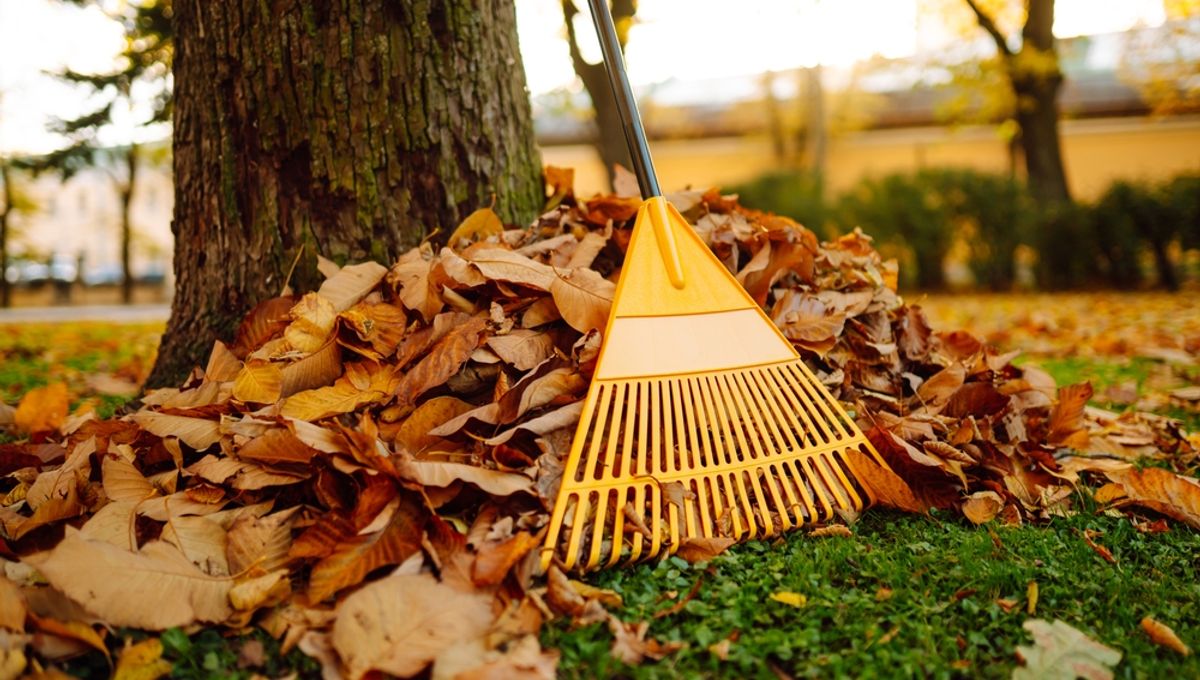
As the nights get longer and the leaves turn brown, lawn owners everywhere reach for their rakes. This year, experts say that the fall ritual of raking leaves might make you miss an opportunity to give your lawn a health boost.
Instead, letting a thin layer of leaves sit and then decompose on your lawn will give the underlying soil a rich reward of organic nutrients.
Susan Barton, a professor of landscape horticulture at the University of Delaware told The New York Times that this practice would improve soil health. “A forest has the richest soil there is, and that happens because leaves are falling off the trees and decomposing right there and organic materials are going back into the soil,” she said. “We should be doing that in all of our landscapes, but we’re not.”
A recent analysis of the chemicals released by leaf litter found that nutrients like nitrogen and phosphorus could provide a “significant positive effect” on soil microorganisms, which make a huge contribution to the overall health of your lawn.
As well as helping soil-bound critters, leaving leaves may benefit bigger animals too. “The fallen leaf layer is actually [a] really important wildlife habitat. All sorts of creatures rely on that for their survival as a place where they can find food and cover, and in many cases even complete their life cycle,” David Mizejewski, a naturalist at the National Wildlife Federation told The Washington Post. Moths, bees, chipmunks, and birds may all benefit from a leafy hiding spot, he said.
This doesn’t mean you should leave every leaf. A thick layer of leaves could smother your grass, so letting 20-50% of leaves lie is a nice balance, says Diana Alfuth of the University of Wisconsin. She writes that small amounts of leaves can be left, whereas big piles of leaves should be mulched with a lawnmower to help release their nutrients.
By following Alfuth’s instructions, you’ll still be left with small piles of leaves. Rather than taking them to the dump, where they will break down in anaerobic conditions that promote the release of greenhouse gases, the experts say the best practice is to reuse them as compost after chopping them up with a mower. That way, you’ll have a protective mulch layer for hard winter frosts or valuable nutrients for a new season of growth in spring.
H/T Mentalfloss
Source Link: Why Skipping Leaf Raking Can Benefit Your Lawn This Fall